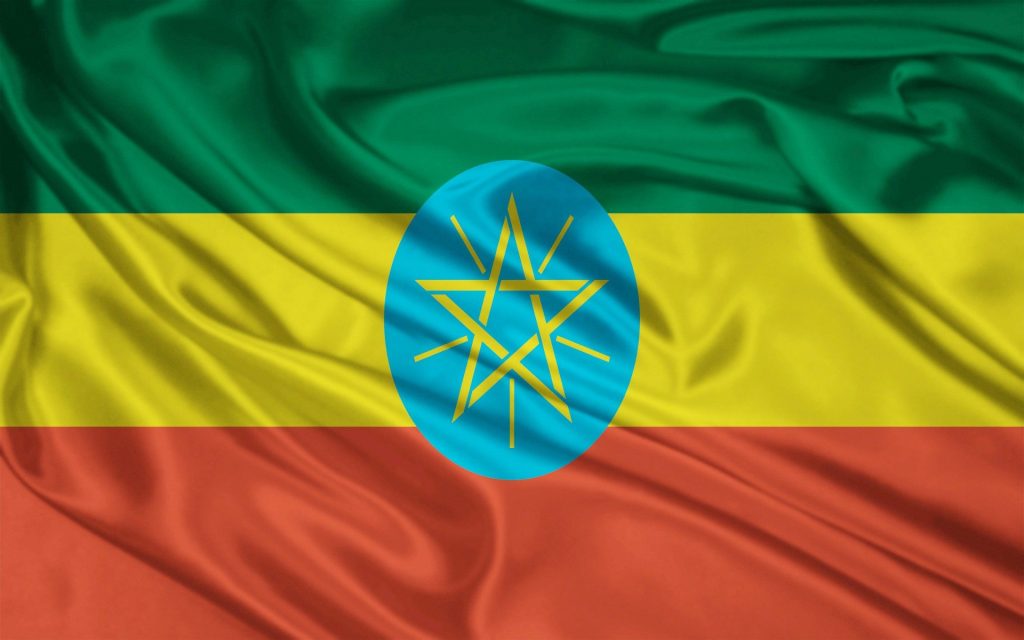
Soldiers came to their homes and demanded to know the whereabouts of their husbands, fathers or brothers, insisting the men were fighters with Tigrayan forces at war with the government of Ethiopia.
When the men were nowhere to be found, soldiers attacked wives, daughters and sisters.
“They pointed a gun at me and shouted, ‘We know your father is a fighter,’ ” said one 16-year-old rape survivor in an empty and looted community centre in Mekelle, Tigray’s regional capital. ” ‘Give us his guns!'”
‘My baby cried’
“I told them that I didn’t know where my husband went,” added a 33-year-old woman. She continued telling the story of her rape, which was not unlike that of a third woman, whose child was also in the room while she was attacked.
“They threw my baby girl on a mat and three of them took turns raping me,” said the 22-year-old survivor. “My baby cried the whole time.”
Hundreds of other women have reported similar attacks at the hands of soldiers in the Tigray war, and victims who do come forward say they represent only a small percentage of the women and girls who have been brutalized.
“One survivor says: ‘Over 20 survivors were raped at the time, but they can’t come here,’ ” explained Mihira Redae, who directs a centre treating sexual assault victims at the Ayder Referral Hospital in Mekelle. “Our survivors all say they were raped by the military [personnel], so they fear.”
Rampant injustice
The Ethiopian government has acknowledged rapes allegedly perpetrated by its troops and allied fighters. Three soldiers were convicted in May and dozens of others have been indicted.
But these few cases do not come close to providing justice for what appears to be mass, systematic rape, according to Mussie Tesfay Atsbaha, the chief administrative and business director at Ayder Hospital. Besides putting women in danger of diseases, he said, injuries and unwanted pregnancies, along with widespread sexual crimes, have devastated families and entire communities.
“Especially in women who have been raped by many men,” he said in his office at the hospital, staring straight ahead. “When you see them before you talk to them, they have to be carried out of their room. They can’t walk.”
Mussie then dropped his head and wept. A few minutes later he wiped his eyes and changed the subject to the hospital’s trouble with its coronavirus response.
Fear and shame
At the community centre, the women and girls describing the rapes to VOA covered their faces with scarves and masks to avoid being caught on camera. They said they all were staying in a safe house in an undisclosed location with about 100 other survivors and their children.
They said they were living in hiding because they were afraid of retribution for reporting, in desperate need of medical care and, in some cases, being shunned by their families because they had been raped.
“After they raped me, I was unconscious,” said a 22-year-old woman who asked to be called Hagosa, which is not her real name. “I wasn’t able to walk or speak for a while.”
A neighbor found Hagosa after the attack and placed her on a donkey cart to the nearest town. From there, they took a small three-wheeled vehicle to the hospital, which was hours away. Now living in the safe house, she doesn’t know what happened to her family, and she said that aid workers wouldn’t let her speak to them.
“When I ask, they only tell me I should worry about my health,” she said.
Around the corner from where Hagosa was sitting, Selemawit Kitaw, a safe house coordinator, explained what was really happening. She said Hagosa’s family did not want to see her because she had been raped. Aid workers were purposely hiding this information from Hagosa to protect her while she was still fragile. “It’s too hard,” Selemawit said.
Changing crisis
War in Tigray broke out last November between the federal government and Tigrayan fighters. Last week, the battles took an abrupt turn when the government declared a “unilateral cease-fire” and left the region.
They said the exodus was for tactical and humanitarian reasons, but Tigrayan forces said they had driven out the government forces.
Since then, commercial flights have been canceled, most forms of communications have been blocked, and the humanitarian crisis has continued to deepen. Thousands of civilians have been killed and roughly 2 million people have fled their homes.
The United Nations says aid supplies, like desperately needed fuel to pump water into displacement camps, and financial resources have also been blocked on the roads, complicated by the continuing presence of Eritrean fighters in the region.
“More than 400,000 have ‘crossed the threshold into famine,’ ” the organization added in a statement Tuesday. About 1.8 million additional people in Tigray are believed to be “on the brink” of famine.
Sexual violence ‘integral to the conflict’
Troops continue to move, as both sides claim they are prepared to resume fighting. Activists say widespread sexual violence against Tigrayan women has been “integral to the conflict,” and in Mekelle, aid workers say the need for authorities to take action remains urgent, even long after rapes occur.
Deep poverty, road closures and lack of transportation also delay treatment for many victims, sometimes for months, compounding both physical and psychological injuries, said Mihira, at the sexual assault center in Mekelle.
“Before this war, victims would come on time and we could prevent pregnancies and STIs,” she said. “Now survivors come with so many problems.”

